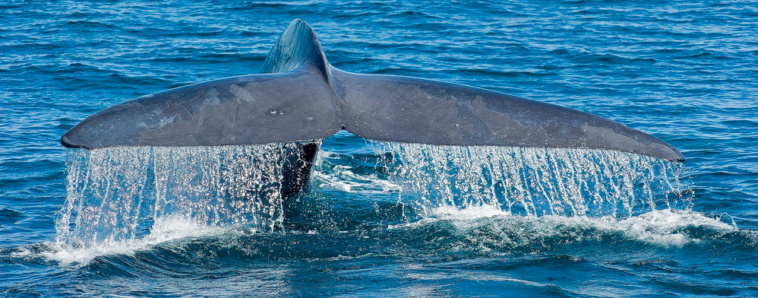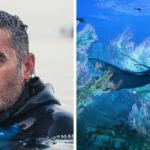Are whales helping reduce the climate-warming gases we’re releasing into the atmosphere?
Probably, says a team of scientists.
The unusual idea sounds like a science fiction plot – but comes from a lab in Alaska that studies how ecosystem health relies on marine animals.

Led by Heidi Pearson at the University of Alaska Southeast, scientists estimated “how these marine giants can influence the amount of carbon in our air and waters and potentially contribute to the overall reduction of atmospheric carbon dioxide.”
“Whale recovery has the potential for long-term self-sustained enhancement of the ocean carbon sink,” they write. published this month in Trends in Ecology & Evolution.
Research on trapping and storing carbon – a process called “carbon sequestration” – has mostly looked at trees.
But whales can also play a big role.
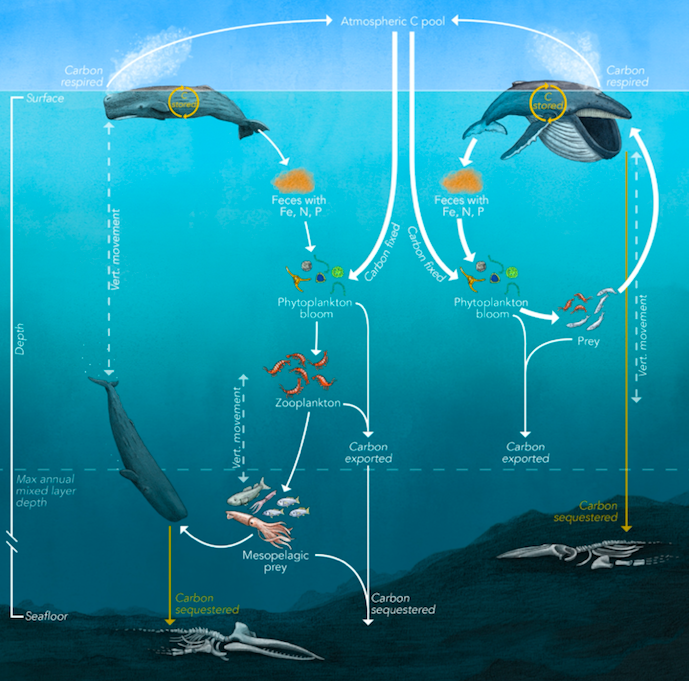
Indirectly, the vast amount of waste expelled by whales – that’s nearly 4,000 kilograms per day in the case of a blue whale – helps because the waste feeds plankton, which in turn absorb carbon and keep it in the ocean instead of the atmosphere.
And massive amounts of carbon are sequestered when whales die and their bodies sink to the ocean floor, where the carbon is trapped for centuries instead of contributing to warming the planet.
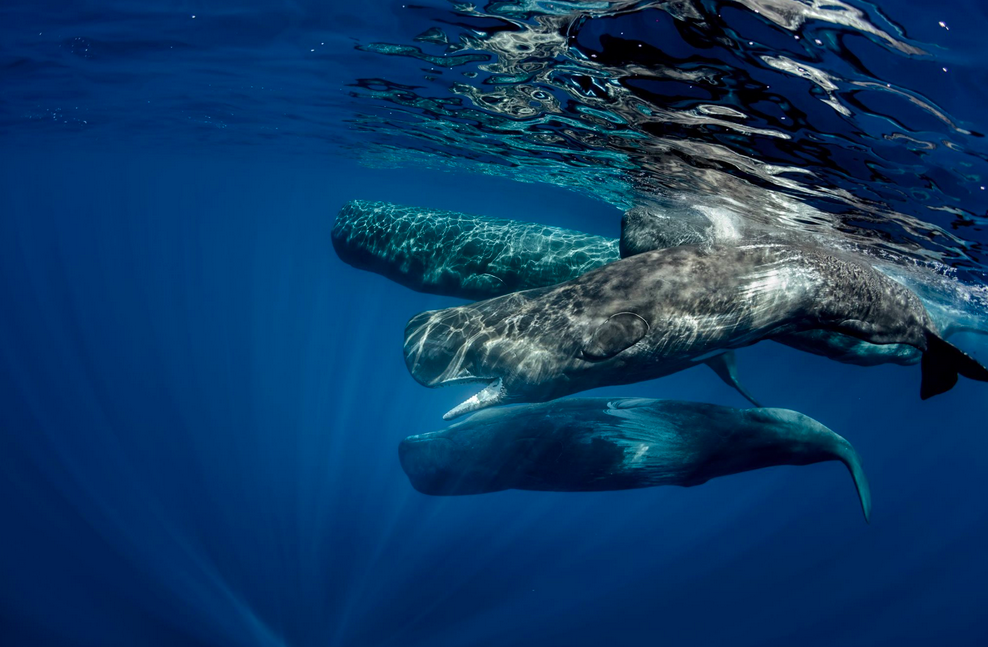
“Whales can weigh up to 150 tons, live over 100 years, and be the size of large airplanes,” said the University of Alaska Southeast. “Their hefty biomass is composed largely of carbon and they make up one of the largest living carbon pools in the pelagic ocean, part of the marine system that is responsible for storing 22% of Earth’s total carbon.”
The team called for more investigation between researchers from many different fields, from oceanography to the economy.
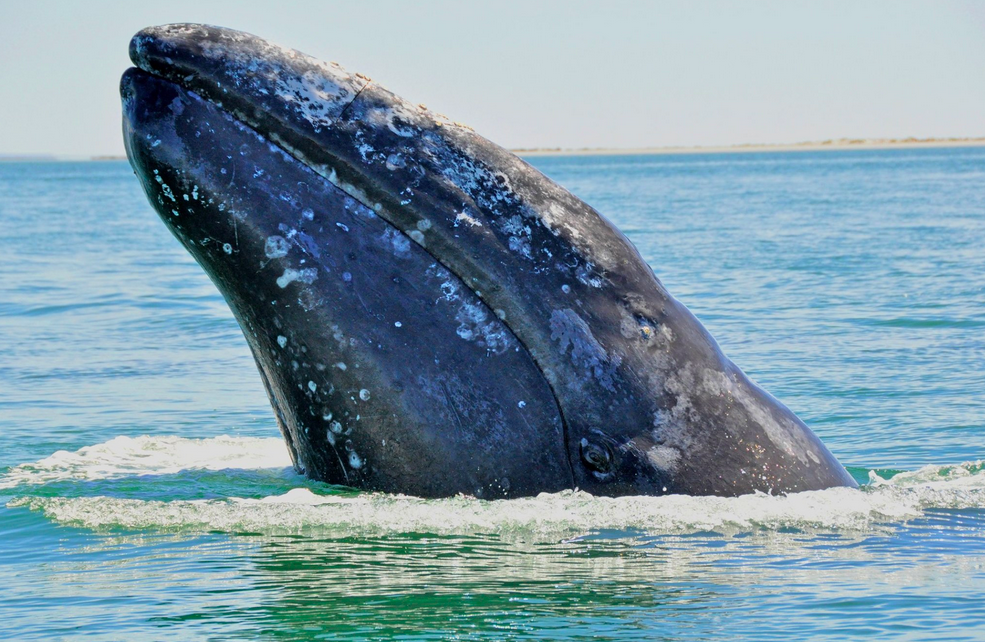
Whale populations worldwide have been reduced by 81 percent, mostly through hunting, said the scientists, who are calling for more conservation efforts to promote population increase.
“Whale recovery has the potential for long-term self-sustained enhancement of the ocean carbon sink,” they write.


